6 Common Skin Problems and Their Interventions
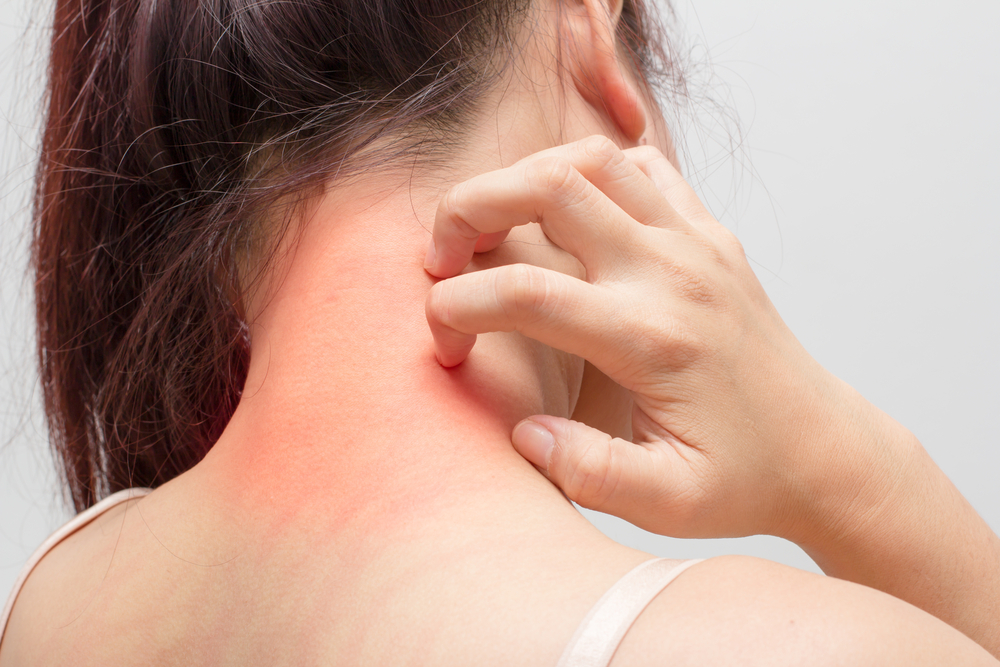
The skin is the largest body organ. It protects the entry of bacteria, germs, and other micro-organic elements in the body. It also contains connective tissues and gives sensitivity to heat, cold, and touch.
Several skin conditions that affect one’s health and wellness. Some of the most common skin problems include atopic eczema, cold sores, hives, psoriasis, impetigo, itchiness, ringworms, scabies, and vitiligo, warts.
1. Atopic Eczema
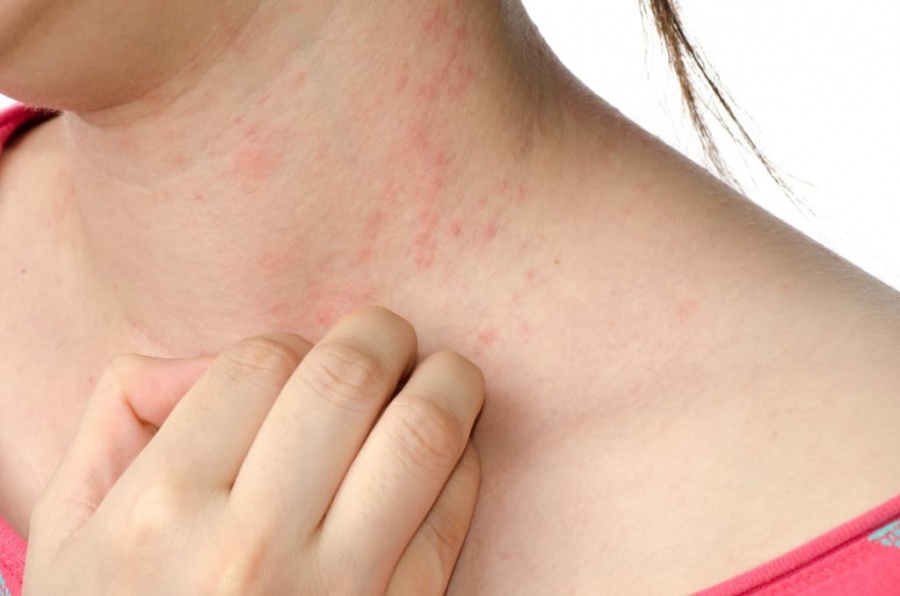
Atopic eczema is the most common skin condition seen in children. It is also known as atopic dermatitis. It is characterized by itchy, dry, cracked skin.
It is a common long-term condition for most people. However, it improves with time and reduces the severity, especially in young children who outgrow it.
Atopic eczema can affect any part of the body. However, it primarily affects:
- the areas around the neck, hands, scalp, and cheeks
- the back or front area of the knees
- outside or inside the elbows
Intervention
Treatment for atopic eczema includes steroid creams and moisturizers. These options help alleviate the symptoms bringing comfort to the skin.
2. Hives/ Urticaria
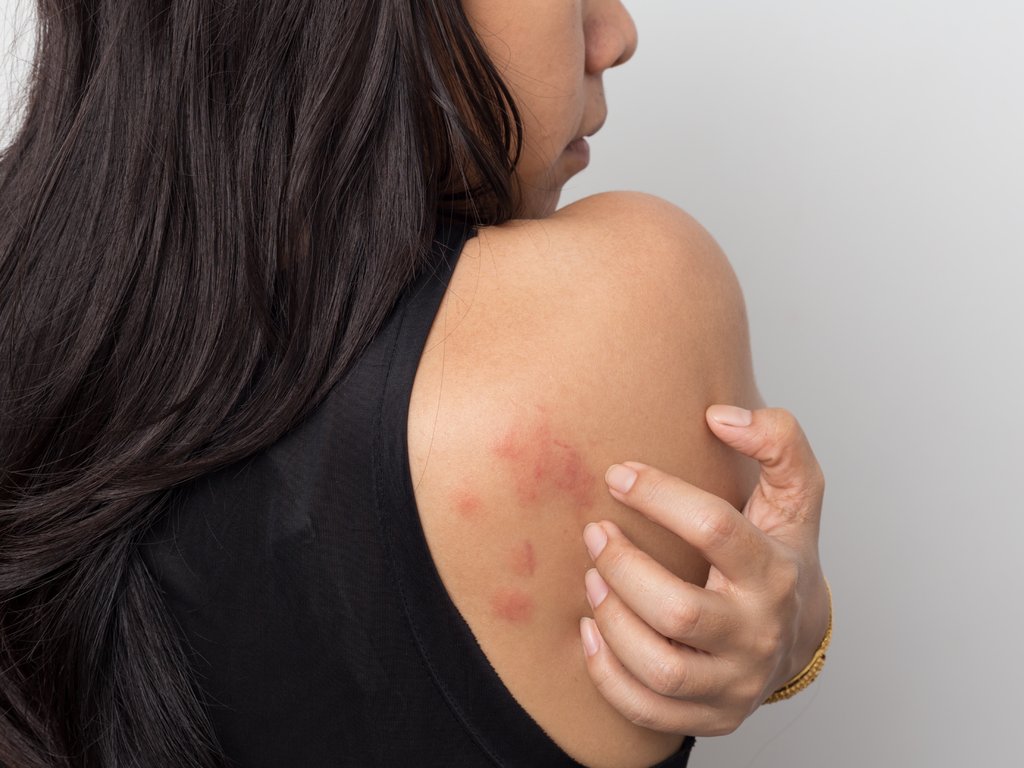
Hives are known by many names, including urticaria, welts, weal, and nettle rash. Hives are typically raised with an itchy red rash that may initially appear on one part of the body and later spread to other areas.
The rash may not need treatment because it disappears on its own within few days. However, if the itchiness persists, one may purchase antihistamines over the counter. Should the symptoms persist for more than forty-eight hours, one may visit or consult Tntelederm. You may also see a dermatologist if the rash is spreading and keeps coming back if you have a fever or a mass swelling under the skin.
3. Cold Sores
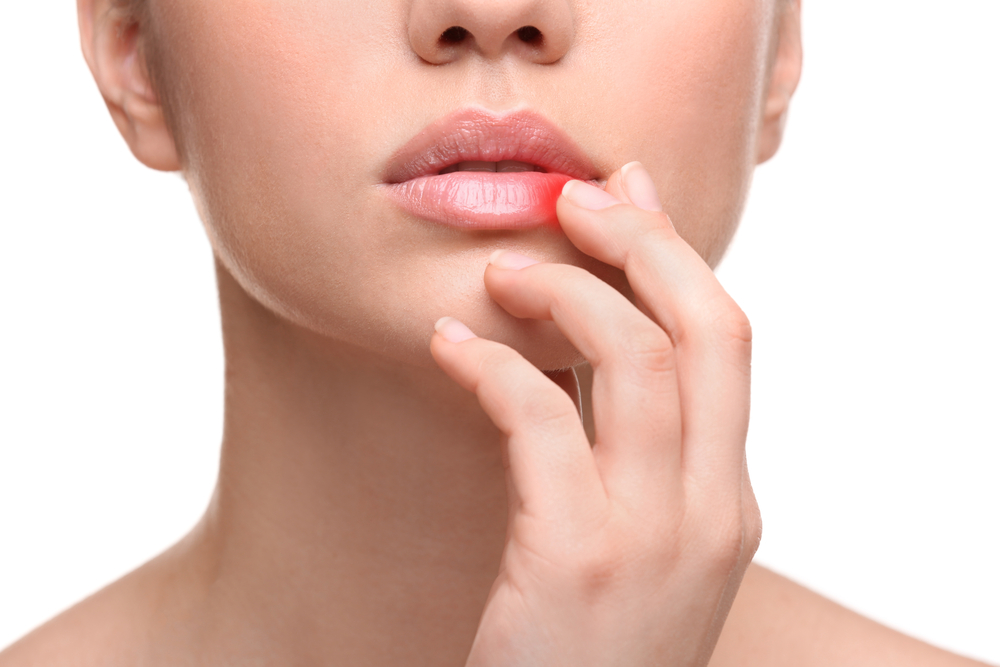
Cold sores are tiny blisters that develop around the mouth and lips. The herpes simplex virus cold sores.
When cold sores begin on the skin, one feels tingling itchiness or burning sensation around the lips or mouth. Later, tiny fluid-filled sores appear on the edge of the lower lip. The blisters then burst and crust over into a scab.
Cold sores can clear by themselves in seven to ten days without treatment. If the condition gets too uncomfortable one can buy over-the-counter antiviral cream. The antiviral treatment help to speed up healing and alleviates symptoms.
Because it is viral, cold sores can be transmitted from one person to another. Some people associate certain conditions with cold sores, such as menstrual periods, sunshine, cold, or another illness.
However, when you observe the following, the condition may not be cold sore:
- Painful red spot appearing on the face filled with pus
- Blisters on the inside of the lip or mouth
- Red sores or blisters on the face
- These may be symptoms of other conditions.
4. Impetigo
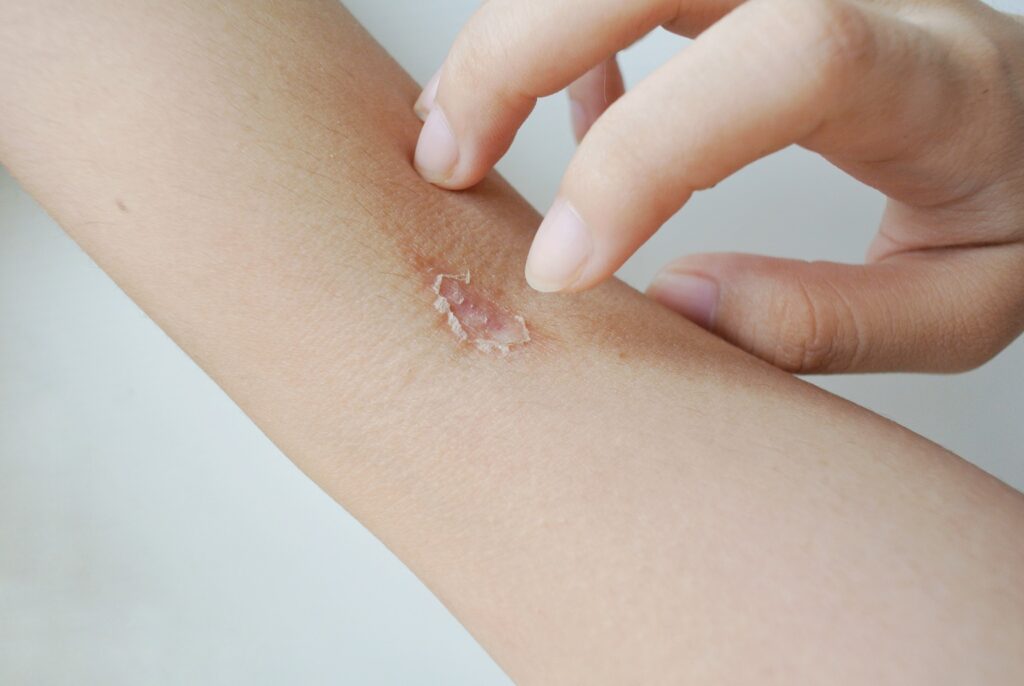
Impetigo is a highly contagious skin infection but not usually serious. It causes blisters and sores that quickly burst to leave golden-brown crusty scabs.
It is common in children but can typically affect anyone. Impetigo blisters can appear anywhere but mostly affect exposed areas like the face and hands.
Impetigo is characterized by patches that may
- Get bigger to occupy an extensive area
- Become itchy
- Sometimes become painful and uncomfortable
- Look like a morsel of cornflakes got stuck to the skin
Impetigo disappears by itself. However, consult a dermatologist if it keeps coming back or the symptoms get out of hand. The doctor may prescribe an antibiotic cream to speed up healing. If impetigo keeps coming back, the doctor may prescribe an antiseptic nasal spray to clear the bacteria causing the reoccurrence.
5. Psoriasis

Psoriasis is a skin condition characterized by red, flaky, itchy, and crusty patches on the skin with silvery scales on top. The patches may appear on the lower back, hands, knees, elbows, and scalp. However, it can affect other parts of the body too.
The severity of psoriasis differs from person to person but mostly appears to those under 35 years. For some, the symptoms may be minor irritation but it can alter their quality of life for others.
Psoriasis is an autoimmune disease. The immune system is the body’s defense against infection and diseases. However, the body can mistakenly attack the healthy skin cells to trigger psoriasis.
Psoriasis can be genetically inherited. However, the main cause of psoriasis remains unknown to scientists. People with psoriasis can have seasons when there are no symptoms, followed by periods of severe signs.
There is no definite cure for the condition, however, the following treatments can improve symptoms:
- Creams and ointments
- Phototherapy that is treatment using light
- Oral medication
6. Ringworm
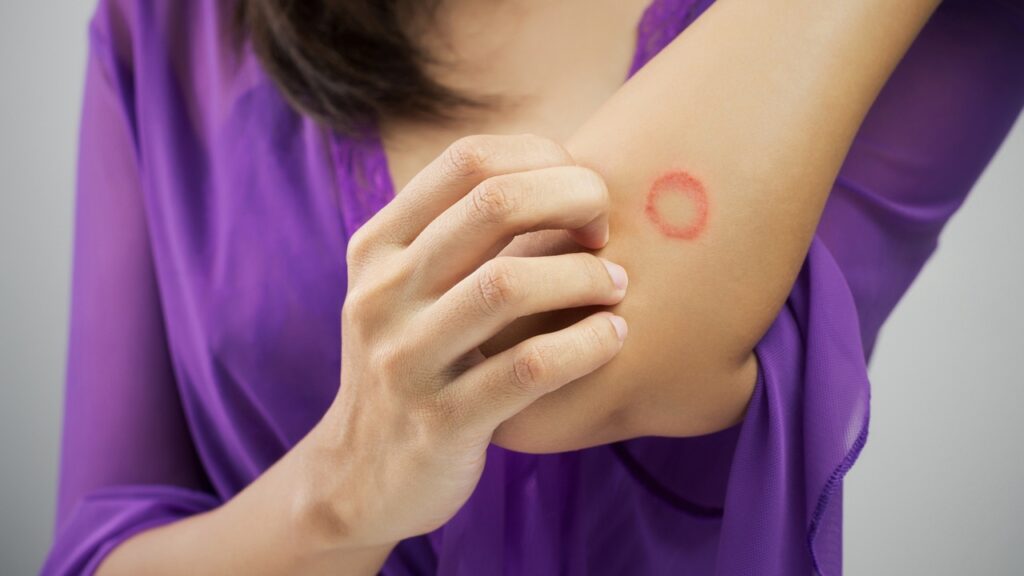
Ringworm is a common skin condition on the hands, legs, and scalp, although it can be found in other parts of the body.It is a highly contagious fungal infection.
Ringworm is not a worm, as the name may suggest. Instead, it is a red or silvery scaly rash in a circular shape. Although anyone can get it, it is common in children.
Like all fungal infections, ringworm can be challenging to treat and may not disappear by itself. Consequently, one may need to see a doctor if the symptoms are severe or recurring after initial treatment.
A pharmacist can recommend an antifungal cream, ointment, gel,or spray. Antifungal medication can go up to four weeks. Ensure you clear the dosage even if the rash disappears. If the ringworm is on the scalp, an antifungal shampoo may be recommended.
Ringworm is Contagious
Ringworm is caused by a notorious type of fungi and is highly contagious. It can be passed on ifan infected person comes into contact:
- with infected personal objects such as combs, towels, and bedding
- infected soil, though this is rare.
Skin problems are common health conditions that can alter the quality of life. Some skin challenges are mild, while others are severe and life-threatening. It is advisable to seek a professional’s help when symptoms persist or keep coming back. When given medication, be sure to complete dosage even when the symptoms subside or disappear.




